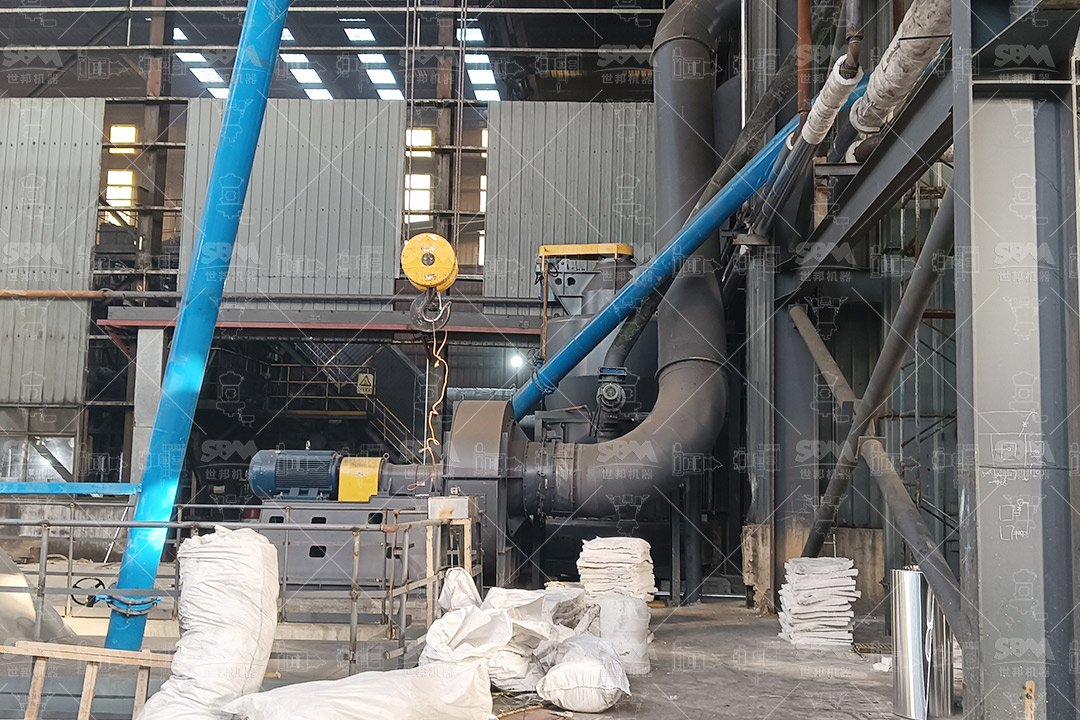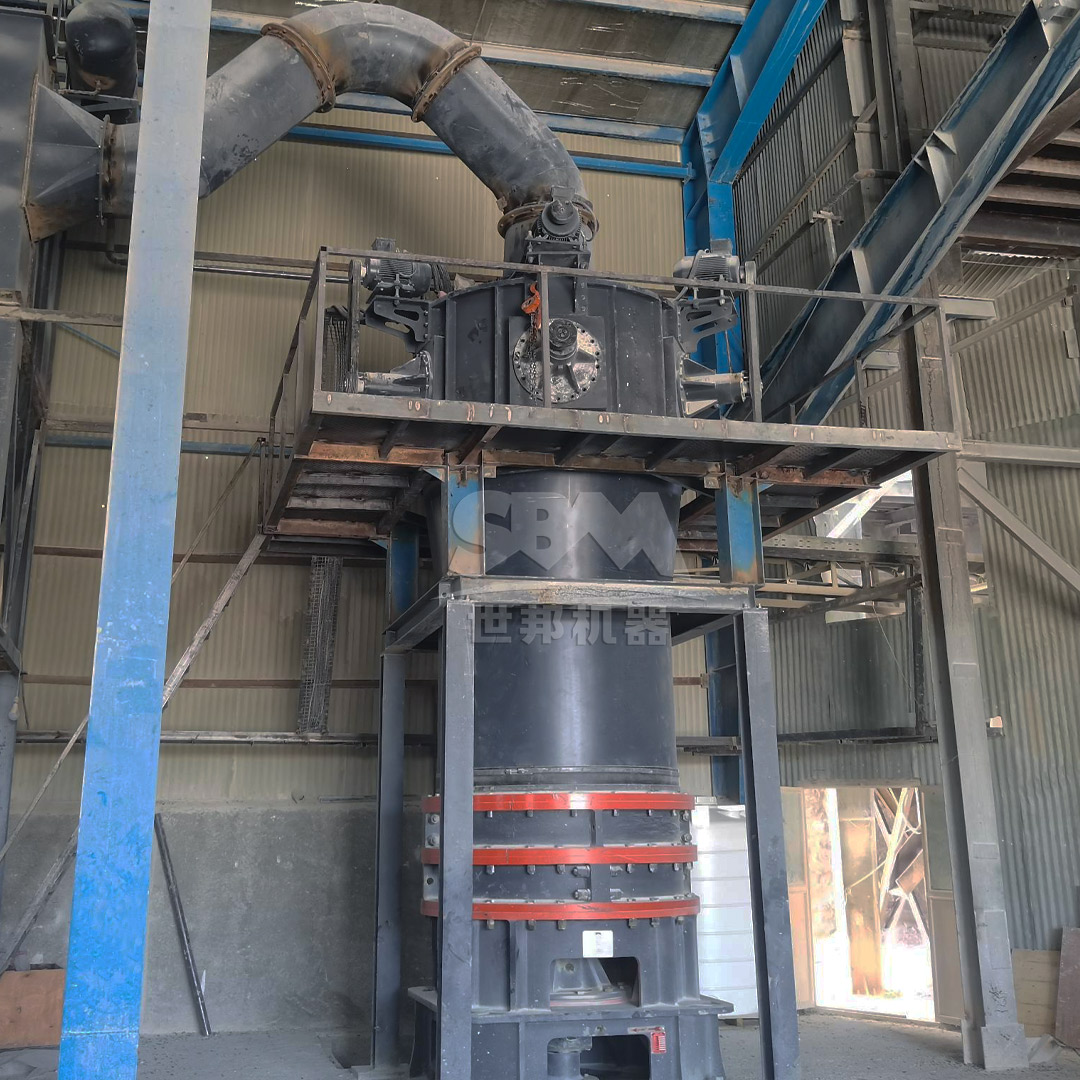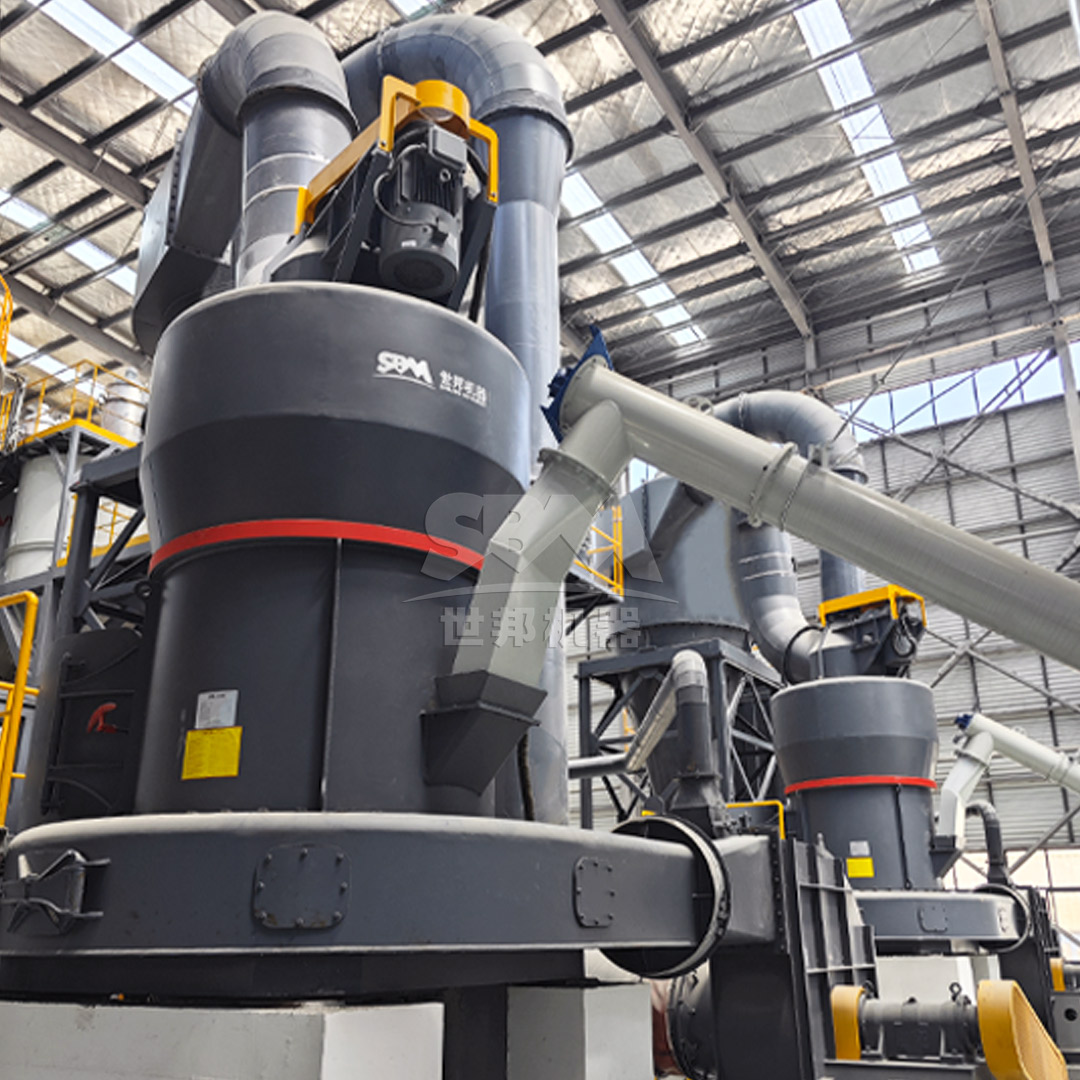The selection of an appropriate pulverizing mill for carbon black processing is crucial for achieving optimal performance in conductive material applications. Carbon black, a fundamental material in batteries, plastics, rubber, and coatings, requires precise particle size distribution and consistent quality to ensure excellent electrical conductivity and mechanical properties. This comprehensive guide explores the key factors to consider when choosing the right carbon black pulverizing equipment for your specific conductive material requirements.

Carbon black possesses unique characteristics that demand specialized milling equipment. Its high surface area, porosity, and structural complexity require mills that can achieve ultra-fine particle sizes while maintaining the integrity of the carbon structure. The electrical conductivity of carbon black is directly influenced by particle size distribution, with finer particles typically providing better conductivity due to increased surface area and improved particle packing.
The required fineness of carbon black powder varies significantly depending on the application. Conductive plastics may require D97 ≤ 5μm, while battery applications might need even finer particles. Understanding your specific particle size distribution requirements is the first step in mill selection.
| Application | Recommended Fineness | Special Requirements |
|---|---|---|
| Conductive Plastics | D97 ≤ 5μm | Narrow particle distribution |
| Battery Materials | D97 ≤ 2μm | High purity, no contamination |
| Rubber Compounds | 325-1250 mesh | Good dispersion capability |
| Coatings & Inks | 800-2500 mesh | Excellent color strength |
Matching the mill’s capacity to your production requirements is essential for operational efficiency. Consider both current needs and future expansion when selecting equipment capacity.
Carbon black milling can be energy-intensive. Modern mills with optimized grinding mechanisms can significantly reduce power consumption while maintaining product quality.
Maintaining product purity is critical for conductive applications. The mill should be constructed with materials that minimize iron contamination and other impurities.
The ability to adjust particle size distribution and handle variations in raw material quality is important for maintaining consistent product quality.
For applications requiring the finest particle sizes, ultra-fine grinding mills offer superior performance. These mills are specifically designed to achieve particle sizes down to 5μm and below, making them ideal for high-performance conductive materials.
Our SCM Ultrafine Mill series represents the pinnacle of carbon black processing technology. With output fineness ranging from 325-2500 mesh (D97 ≤ 5μm) and processing capacity from 0.5-25 ton/h depending on model, this equipment is specifically engineered for conductive material applications. The mill’s unique grinding chamber design and precision classification system ensure consistent particle size distribution critical for electrical conductivity performance.

For applications where ultra-fine particles are not required, medium-speed mills offer an excellent balance of performance and operating costs. The MTW Series Trapezium Mill provides reliable performance for carbon black processing with output fineness from 30-325 mesh and capacity ranging from 3-45 ton/h.
Vertical roller mills offer high efficiency and compact design for large-scale carbon black production. The LM Series Vertical Roller Mill provides integrated crushing, grinding, and separation functions with significantly reduced footprint and 30-40% lower energy consumption compared to ball mill systems.
| Mill Type | Output Fineness | Capacity Range | Energy Efficiency | Best For |
|---|---|---|---|---|
| SCM Ultrafine Mill | 325-2500 mesh | 0.5-25 t/h | Excellent | High-performance conductive materials |
| MTW Trapezium Mill | 30-325 mesh | 3-45 t/h | Very Good | General conductive applications |
| LM Vertical Mill | 30-600 mesh | 3-250 t/h | Excellent | Large-scale production |
| Ball Mill | 0.074-0.8mm | 0.65-450 t/h | Good | Cost-sensitive applications |
Precise control of particle size distribution is essential for achieving optimal electrical conductivity. Modern mills incorporate advanced classification systems that enable tight control over the final product specifications.
The milling process affects the surface area of carbon black, which directly impacts conductivity. Proper mill selection and operation parameters can optimize surface area for specific applications.
Carbon black’s conductive properties depend on maintaining the appropriate aggregate structure. The right milling technology should reduce particle size without destroying the essential aggregate morphology.

A leading conductive plastics manufacturer implemented our SCM1000 Ultrafine Mill for their carbon black masterbatch production. The results demonstrated significant improvements in product quality and operational efficiency:
The SCM1000 model, with its 132kW main motor power and 1.0-8.5 ton/h processing capacity, provided the perfect balance of precision and productivity for their application.
Carbon black’s abrasive nature requires careful selection of wear-resistant materials in mill construction. Our SCM series utilizes special material rollers and grinding rings that provide extended service life and reduced maintenance costs.
Carbon black dust presents both safety and environmental challenges. Modern mills incorporate advanced dust collection systems that ensure compliance with environmental regulations while protecting workers.
Advanced control systems enable precise adjustment of milling parameters and consistent product quality. Our mills feature intelligent control systems with automatic feedback for成品粒度 control.
The evolution of carbon black milling technology continues to focus on energy efficiency, precision control, and integration with digital monitoring systems. The development of AI-powered optimization and predictive maintenance capabilities represents the next frontier in mill technology for conductive materials.
Selecting the right carbon black pulverizing mill requires careful consideration of multiple factors including particle size requirements, production capacity, energy efficiency, and product quality specifications. For conductive material applications where ultra-fine particles and consistent quality are paramount, the SCM Ultrafine Mill series offers unmatched performance with its precision classification, energy-efficient operation, and durable construction. By understanding your specific requirements and matching them with the appropriate milling technology, you can optimize both product performance and production economics in your carbon black processing operations.
For operations requiring different capacity ranges or particle size specifications, the MTW Series Trapezium Mill provides excellent performance for general conductive applications, while the LM Series Vertical Roller Mill offers superior efficiency for large-scale production. Each mill type has been specifically engineered to address the unique challenges of carbon black processing while delivering consistent, high-quality results for conductive material applications.